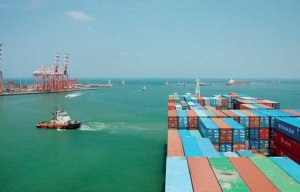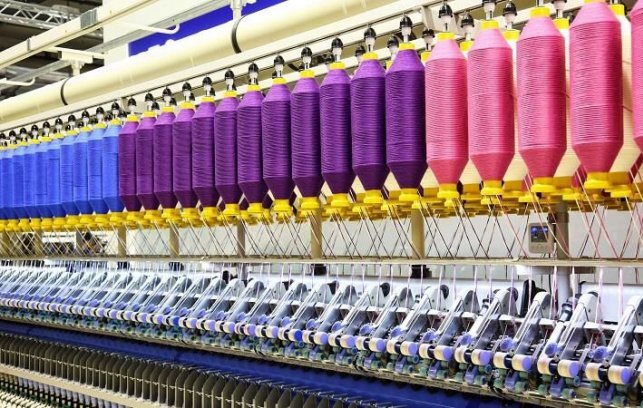
JAAF welcomes UK trade reforms
Manufacturers drive climate action and circular innovation.

10th October 2025
Knitting Industry
|
Colombo, Sri Lanka
Sri Lanka’s apparel industry is strengthening its reputation as a global benchmark for sustainability, with leading manufacturers Brandix, Teejay Lanka, Hirdaramani, Hayleys Fabric and MAS Holdings reporting significant progress across climate action, circularity, ethical practices and community empowerment.
On climate action, the companies continue to demonstrate leadership through science-based targets and Net Zero commitments. Brandix has cut emissions by 84% and achieved Net Zero certification across five facilities, while Hirdaramani became the first Sri Lankan manufacturer to secure SBTi approval for Net Zero targets. MAS Holdings reported a 24% reduction in Scope 1 and 2 emissions since 2019, with 39% of its energy now from renewable sources. Teejay Lanka has expanded its renewable energy usage to 14%, while Hayleys Fabric’s GreenCatalyst roadmap emphasises becoming “a catalyst for positive change across the value chain.”
Circularity and resource efficiency remain key priorities. MAS diverted 99% of waste from landfill, Teejay reused or recycled 3,900 tonnes of material, and Brandix achieved a 90% recycling and recovery rate. Hirdaramani is also investing in future-ready textile manufacturing through its new sustainable facility, Mihila Tex. Teejay Lanka, appointed patron company for the UN Global Compact Sri Lanka’s Sustainable Supply Chain Working Group, is promoting material circularity across the sector.
The industry’s social impact continues to grow through community initiatives. Brandix awarded more than 1,000 scholarships and facilitated 47,000 blood donations, while MAS created over two million opportunities through outreach programmes and increased women’s representation in management to 26%. Hirdaramani celebrated ten years of its Wonders of Well-being programme, recognised by Harvard University’s T.H. Chan School of Public Health, and Teejay expanded its workforce to 3,465 while continuing to invest in training and CSR.
Across the board, strong governance frameworks underpin these initiatives. Each group follows international standards such as GRI, TCFD, ISO 14064-1, ZDHC and Bluesign, ensuring transparency, accountability and independent verification.
Innovation is also driving the industry’s sustainability agenda. Teejay approved 410 new sustainable fabric products in FY 2024/25, while MAS achieved 40% of its revenue from sustainable materials. Hirdaramani received a Silver Award at the 2024 Global Chemical Leasing Awards, organised by UNIDO and Austria’s Federal Ministry for Climate Action, for its innovative natural soapberry-based detergent.
Together, these achievements underline Sri Lanka’s unified approach to responsible manufacturing. “Sustainability is not an option, it is our shared responsibility,” the companies said in a joint statement. “We are proving that world-class apparel can be made in ways that protect the planet, empower people, and create long-term value for all.”

Business intelligence for the fibre, textiles and apparel industries: technologies, innovations, markets, investments, trade policy, sourcing, strategy...
Find out more